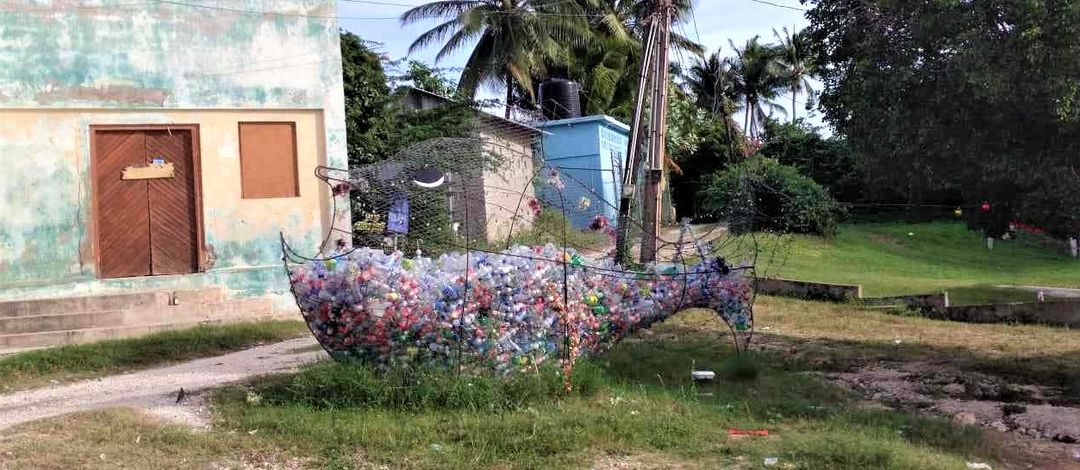Research Archive
Completed Research Projects
Leipzig University is a widely recognized hub for innovative research in the field of globalisation and transregional studies. The Institute of Anthropology significantly contributes to this field of research with a number of projects. Here you can browse through completed projects.
Completed Habilitation Projects
The Institute of Anthropology provides opportunity to complete a habilitation in Anthropology and supports the writing of monographs and high profile journal articles. Our former post-doc projects unpack environmental, social and economic projects targeted at improving life in different localities.
Infrastructuring Forests – Conservation, Data and Payments in the Indian Himalayas
As the world is warming, a range of novel financial instruments have been created that are explicitly targeting the mitigation of adverse anthropogenic changes. In often targeting poor resource users in the Global South, these instruments are also said to be useful tools in alleviating poverty and paving the way for more sustainable forms of development. This postdoctoral research project (habilitation project) investigates climate finance instruments ethnographically. It focusses on two domains of climate finance that have made considerable inroads into the Indian Himalayas. On one hand, it analyses attempts to sequester carbon dioxide on a large scale in dedicated afforestation projects now dotting the Indian state of Himachal Pradesh. On the other hand, it explores hydropower companies as they harness the hydroelectric potential of Himalayan rivers and avail climate finance funds rewarding what is called avoided emissions. This project traces how offsetted or avoided emissions are subjected to incentivising, monitoring, trading and thereby enacted. It also considers climate finance as novel forms of spatialization by bringing discrete and distant groups of actors to bear on another in the production and reproduction of distinct spaces (e.g. afforestation plots, dammed rivulets, global commons), and by opening up spaces of action in the implementation thereof in situated encounters. At the same time, this project aims at developing novel conceptual tools suitable to address the ongoing financialization of nature by integrating finance studies and environmental anthropology.
This habilitation project is financed within the DFG funded Collaborative Research Centre 1199 "Processes of Spatialisation under the Global Condition".
Contact: Arne Harms
Forensic Anthropology in Different Cultural Contexts: Mass-Grave Exhumations in the Aftermath of Violence in Peru and Somaliland
Forensic anthropology is an emerging scientific field that combines aspects of legal medicine, archeology, physical anthropology and cultural/social anthropology. It aims at shedding light on the exact circumstances of death in the context of the investigation of previous criminal or human rights-violating acts. Like any investigation into the violent past, forensic anthropological work usually takes place in a political and emotional ‘mine-field’. It touches on contested memories at the individual and collective level and is associated with powerful ‘truth-claims’. Forensic anthropology is perceived as threat by some, as salvation by others. The self-perception of many forensic anthropologists is that they are ‘neutral’ scientists providing ‘facts’; simultaneously, many think they are serving the ‘victims’. They aim at producing ‘truth’ about a killing and, in this way, bringing ‘closure’ to the surviving relatives.
This research project (for habilitation) aims at the in-depth ethnographic investigation of ‘doing forensic anthropology’. Its focus is on one specific organization called Equipio Peruano de Anthropologia Forense (EPAF). On the one hand, EPAF works as local NGO in Peru, providing services to state authorities as well as to civilians searching their relatives (who had disappeared or were massacred in the context of the war between the state and the ‘shining path’ in the 1980s). On the other hand, EPAF operates as international NGO assisting states and/or human rights organizations. In this context, EPAF began a long-term project in Somaliland, a secessionist state-like entity in northwestern Somalia (existing since 1991 but still lacking international recognition). Peru and Somaliland are the two main sites of forensic investigations by EPAF. In both places EPAF organizes ‘field schools’ mainly for international students who can get practical training in forensic anthropology and dealing with the aftermath of violence (including transitional justice).
Key questions are: How does the particular knowledge and practice of forensic anthropology work out in different cultural settings? How do culturally-specific views on death and the hereafter influence the forensic work? What are the interests of the various actors involved in exhumations (e.g., forensic experts, state officials, relatives of disappeared and/or dead persons)? Here, one needs to consider that forensic anthropology, particularly in the context of human rights-related work (which often is the case in Peru as well as in Somaliland), is part of the so called ‘global accountability regime’ which emerged since the 1980s through the establishment of Truth and Reconciliation Commissions (TRCs), Special Tribunals and the International Criminal Court (ICC), among other things. Thus, another set of questions relates to local-global and transnational dynamics regarding dealing with the violent past in specific locales in the sense of “localizing transitional justice”).
Contact: Markus Höhne
PhD Projects
We enable young researchers to pursue a doctorate under close supervision of our research staff. Former PhD projects engage with topics ranging from consumption, racism, food and taste, to migration and journalism in regions as diverse as South Asia, Africa, Europe, South America und Australia.
- Food and Tasting in the Andes
- A Multispecies Ethnography of Organic Tea Plantations in India
- Digitisation and Respatialisation of the Indian Nation State
- Divided Unit in the Global Vietnamese Diaspora
- Journalistic Practices in Ecuador
- Racial Encounters and the Body
- The Discontinuous Spaces of Santa Muerte in Los Angeles
- Reciprocity in Anonymous Gifting Practices
- Care Work with Underaged Refugees
- The Power to Heal - Biomedicine and Evangelism
- The Future of Food in the United Arab Emirates
- Renegotiating China-Australia Agri-Food Relations
